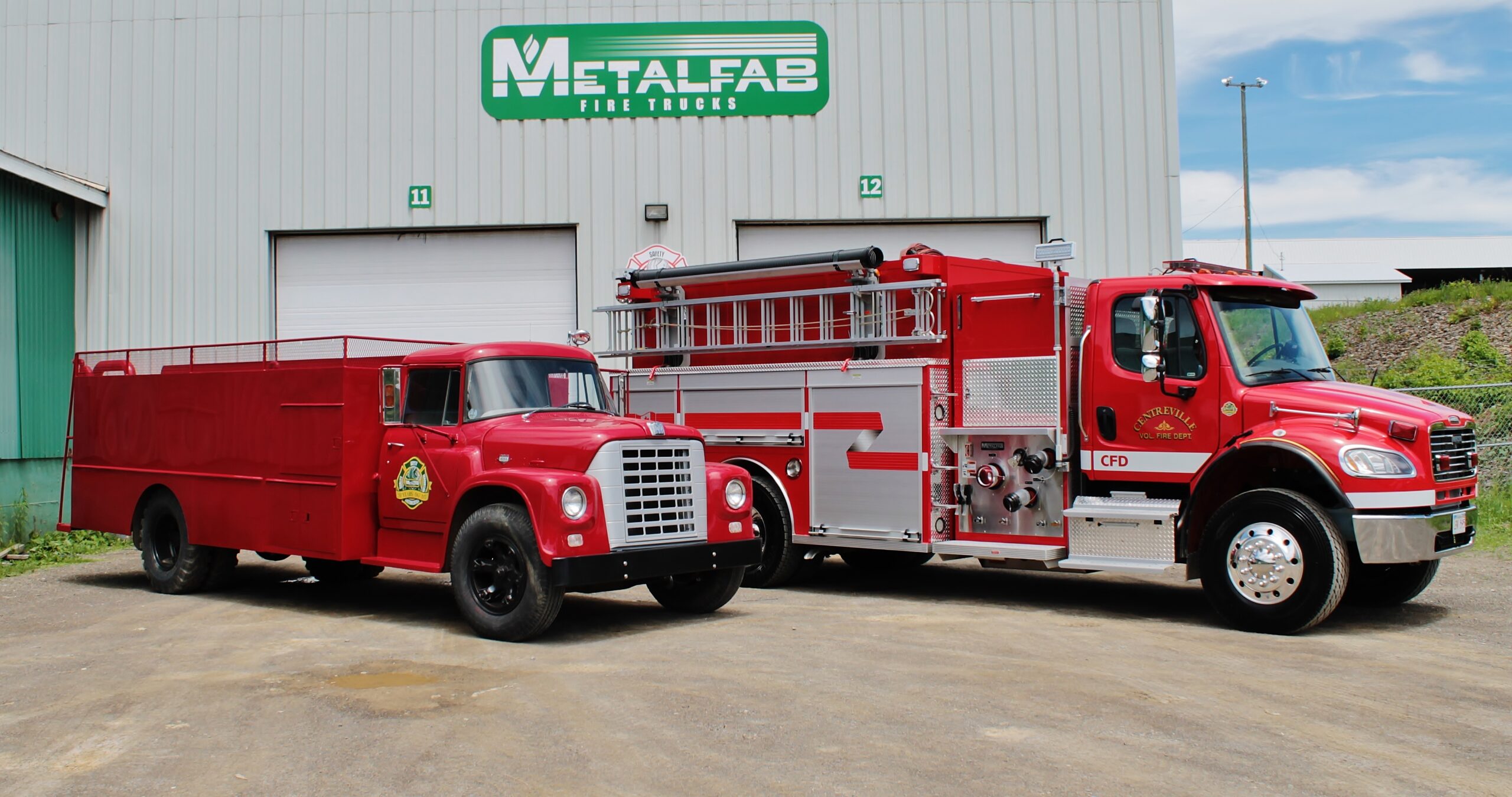
5 Common Mistakes on Requests for Tender

At Metalfab, we sometimes see requests for tenders submitted with documents that appear to come straight from the Internet with little review or modification. The information may be well out of date, not in conformance with a district’s local regulations and completely inappropriate for the requesting department’s needs. We know it’s tempting to work from an existing online document, but it’s important to spend the time researching best-case scenarios for your own situation. Getting these details right can save enormous amounts of time and money, so we’re giving some suggestions to get you started. Your truck dimensions, storage configurations, safety features and on-board equipment should suit your needs in order to avoid unnecessary upgrades down the road.
Updating a document you found online to fit the needs of your fire station not only makes great business sense, but can end up saving your city or town money spent for options you never intended. We’ve put together a list of common pitfalls to avoid in preparing your bid for tender:
- Not knowing local regulations. In the United States, departments typically adhere to NFPA standards when preparing their tender, while in Canada, Underwriters Laboratories issues more fire safety standards. These rules may be similar, but they do vary slightly. If your standard requirement for truck safety, for example, includes an onboard handrail, it wouldn’t make sense to use a document allowing for two separate handles and is more expensive to manufacture.
- Preparing for a different climate. If you found a proposal online that is intended for a truck delivered to a warm climate, you may need to modify it to reflect your colder geography. A truck made for Florida, for example, might not have heaters or heat pumps onboard to keep engines warm, leading to equipment failure in cold weather. If you are in a wintry climate with no insulation, your new truck, your hoses, valves and other components can retain minute amounts of water that can freeze parts and cause the unit to become inoperable. Before submitting a request, be sure to thorough review each item and updated specifications to meet the needs of your actual municipality.
- Being too vague or specific. Having detail that outlines your needs as they are is a win-win outcome for everyone involved – whether you’re committing valuable budget dollars, accepting truck delivery or involved in manufacture. We have seen RFPs that are so bare-bones that they fit into a single-page document, and are so simple that they are missing many of the details we need to meaningfully move forward. A hastily submitted request can lead potential vendors to speculate about what’s really wanted and make assumptions about equipment that is unnecessary for your situation and only adds to cost. Documents too specific can raise red flags because they include requirements meant for another truck brand, leading the bidder to assume that you’re not really interested in the brand they are selling.
- Not creating a competitive field. To create an environment in which no single vendor has an early advantage, it’s always best to submit a fresh document that you and your team have created from scratch. If bidders believe they are not being looked at seriously because the specs you submit reflect a different manufacturer, they could drop out of the bidding and leave you with too few vendors interested in your business. The greater the competition, the better your leverage will be in negotiating the specifics of your deal.
- Setting your budget too low. Using a budget figure obtained online will always incorporate features you don’t need or omit those you do need. No other department will have the exact same configuration requirements, terrain considerations, safety standards, costs or resources as yours. It’s not unusual to have a long time lag between the original budget decision and the tender process, which can cause problems down the road. Currency fluctuations, new regulations and availability of new features can lead higher costs, so final approval of a revised budget before going to tender is certainly recommended.
Potential manufacturers will gladly to work with you to flesh out your specifications before a choice is made to select one and move forward. It’s a good idea to invest the time with them to find one you can trust and collaborate with over the long term, even beyond the point of delivery, and you’re likely to realize a great outcome.
Have questions about going to tender? Call Metalfab’s Business Development Manager, Ryan Stacey, for more information at 1-800-561-0012, ext. 24. We’re always happy to help.
Header: 5 Common Mistakes on Requests for Tender
Meta: At Metalfab, we sometimes see requests for tenders submitted with documents that appear to come straight from the Internet with little review or modification.
